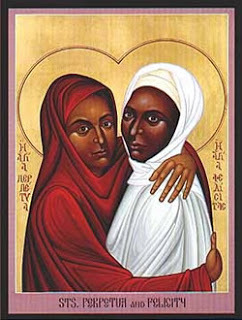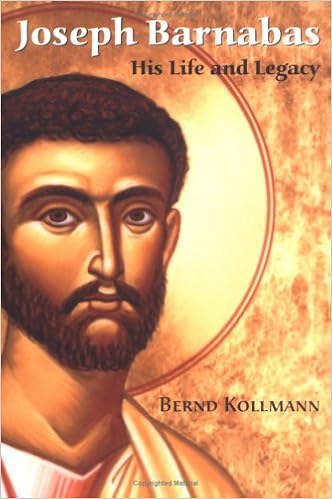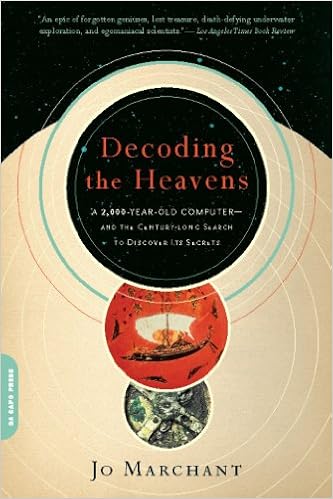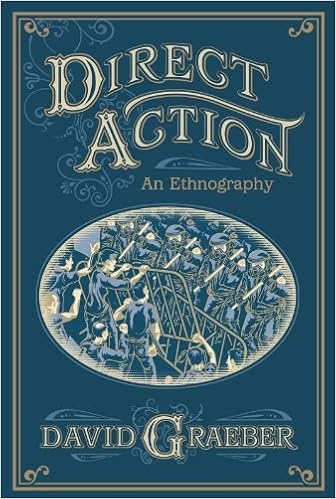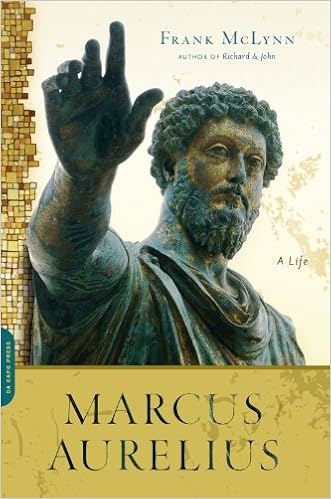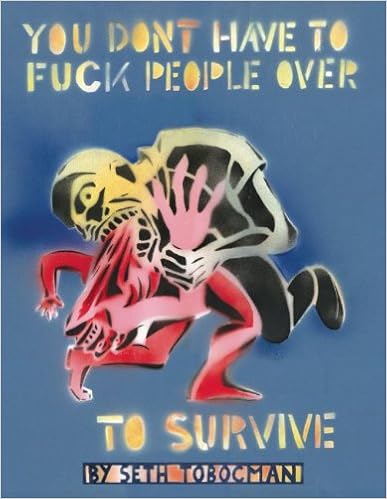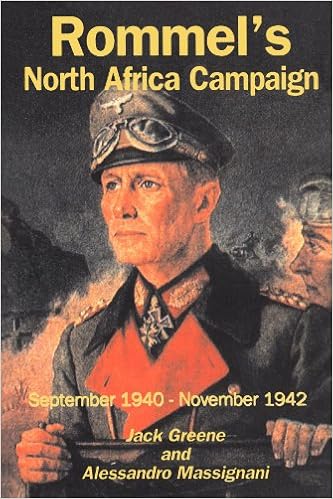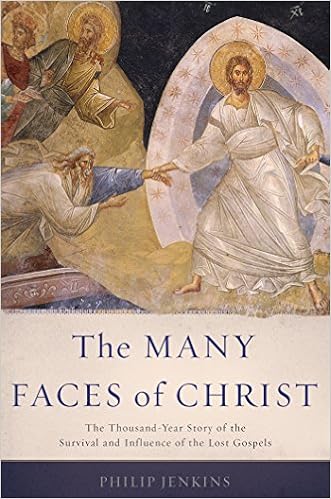Selected Quotes of the Fathers on Forgiveness
As it is not to be imagined that the fornicator and the blasphemer can partake of the sacred Table, so it is impossible that he who has an enemy, and bears malice, can enjoy Holy Communion. […] I forewarn, and testify, and proclaim this with a voice that all may hear! ‘Let no one who has an enemy draw near the sacred Table, or receive the Lord’s Body! Let no one who draws near have an enemy! Do you have an enemy? Do not approach! Do you wish to draw near? Be reconciled, and then draw near, and only then touch the Holy Gifts!’ (Homily 20)
Thou dost not so much desire thy sins to be forgiven, as He desires to forgive thee thy sins. In proof that thou dost not so desire it, consider that thou hast no mind either to practice vigils, or to give thy money freely: but He, that He might forgive our sins, spared not His Only-Begotten and True Son, the partner of His throne.
St John Chrysostom
‘And forgive us our debts as we also forgive our debtors.’ For we have many sins. For we offend both in word and in thought, and very many things we do worthy of condemnation; and ‘if we say that we have no sin’ (1 John 1.8), we lie, as John says. […] The offenses committed against us are slight and trivial, and easily settled; but those which we have committed against God are great, and need such mercy as is His only. Take heed, therefore, lest for the slight and trivial sins against you, you shut out for yourself forgiveness from God for your very grievous sins. (Catechetical Lectures, 23.16)
For God seeks nothing else from us, save a good purpose. Say not, How are my sins blotted out? I tell thee, By willing, by believing. What can be shorter than this? But if, while thy lips declare thee willing, thy heart be silent, He knoweth the heart, who judgeth thee. Cease from this day from every evil deed. Let not thy tongue speak unseemly words, let thine eye abstain from sin, and from roving after things unprofitable. (Procatechesis)
St Cyril of Jerusalem
Do we forgive our neighbours their trespasses? God also forgives us in His mercy. Do we refuse to forgive? God, too, will refuse to forgive us. As we treat our neighbours, so also does God treat us. The forgiveness or non-forgiveness, then, of your sins—and hence also your salvation or destruction—depend on you yourself, man. For without forgiveness of sins there is no salvation. You can see for yourself how terrible it is.
St Philotheos of Sinai
No one is as good and kind as the Lord is; but He does not forgive one who does not repent.
St Mark the Ascetic
Even if all spiritual fathers, patriarchs, hierarchs, and all the people forgive you, you are unforgiven if you do not repent in action.
St Kosmas Aitolos
Forgiveness is better than revenge.
St Tikhon of Zadonsk
Abba Poemen also said this about Abba Isidore that whenever he addressed the brothers in church he said only one thing, 'Forgive your brother, so that you also may be forgiven.'
From the Sayings of the Desert Fathers
Hence, in whatever state a person is, he sometimes finds himself making pure and intense prayers. For even from that first and lowest sort, which has to do with recalling the future judgment, the one who is still subject to the punishment of terror and the fear of judgment is occasionally so struck with compunction that he is filled with no less joy of spirit from the richness of his supplication than the one who, examining the kindnesses of God and going over them in the purity of his heart, dissolves into unspeakable gladness and delight. For, according to the words of the Lord, the one who realizes that more has been forgiven him begins to love more. (The Conferences)
St John Cassian (the Roman)
In smaller sins, sinners may do penance for a set time and come to public confession according to the rules of discipline. Then they receive the right of communion through the imposition of the hand of the bishop and clergy.
I entreat you, beloved brethren, that each one should confess his own sins while he is still in this world—while his confession can still be received and while the satisfaction and remission made by the priests are still pleasing to the Lord.
St Cyprian of Carthage
He, then, who has received the forgiveness of sins ought to sin no more. For in addition to the first and only repentance from sins (that is, from previous sins in the first and heathen life—I mean those in ignorance), there is forthwith proposed to those who have been called, the repentance which cleanses the seat of the soul from transgressions, that faith may be established. And the Lord, knowing the heart, and foreknowing the future, foresaw both the fickleness of man and the craft and subtlety of the devil from the first, from the beginning; how that, envying man for the forgiveness of sins, he would present to the servants of God certain causes of sins; skilfully working mischief, that they might fall together with himself. Accordingly, being very merciful, He has vouchsafed, in the case of those who, though in faith, fall into any transgression, a second repentance, so that should any one be tempted after his calling, overcome by force and fraud, he may receive still a repentance not to be repented of. ‘For if we sin willfully after that we have received the knowledge of the truth, there remaineth no more sacrifice for sins, but a certain fearful looking for of judgment and fiery indignation, which shall devour the adversaries.’ But continual and successive repentings for sins differ nothing from the case of those who have not believed at all, except only in their consciousness that they do sin. And I know not which of the two is worst, whether the case of a man who sins knowingly, or of one who, after having repented of his sins, transgresses again. For in the process of proof sin appears on each side—the sin which in its commission is condemned by the worker of the iniquity, and that of the man who, foreseeing what is about to be done, yet puts his hand to it as a wickedness. And he who perchance gratifies himself in anger and pleasure, gratifies himself in he knows what; and he who, repenting of that in which he gratified himself, by rushing again into pleasure, is near neighbour to him who has sinned wilfully at first. For one, who does again that of which he has repented, and condemning what he does, performs it willingly. (Stromata, Book 2.13)
St Clement of Alexandria
If your heart has been softened either by repentance before God or by learning the boundless love of God towards you, do not be proud with those whose hearts are still hard. Remember how long your heart was hard and incorrigible. Seven brothers were ill in one hospital. One recovered from his illness and got up and rushed to serve his other brothers with brotherly love, to speed their recovery. Be like this brother. Consider all men to be your brothers, and sick brothers at that. And if you come to feel that God has given you better health than others, know that it is given through mercy, so in health you may serve your frailer brothers. (Prologue, 31 March)
St Nikolai of Serbia (Velimirovic)
Often during the day I have been a great sinner, and at night, after prayer, I have gone to rest, justified and whiter than snow by the grace of the Holy Spirit, with the deepest peace and joy in my heart! How easy it will be for the Lord to save us too in the evening of our life, at the decline of our days! O save, save, save me, most gracious Lord; receive me in Thy heavenly Kingdom! Everything is possible to Thee! (My Life in Christ, Part 1, p. 27)
St John of Kronstadt
